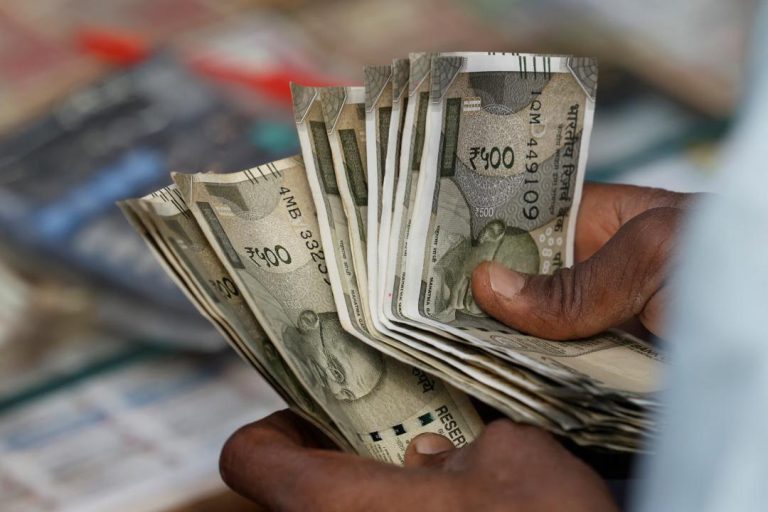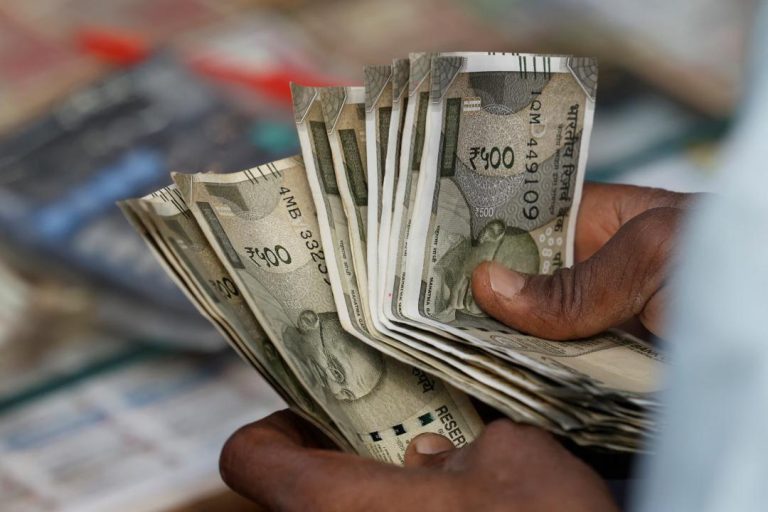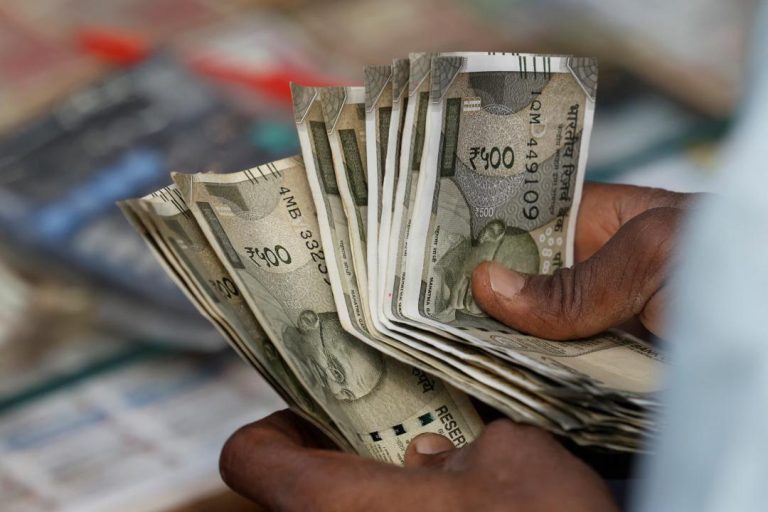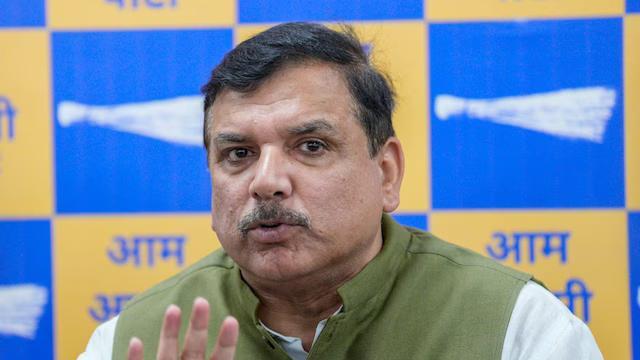
India’s New Obsessions: Quick Commerce & Short Drama Apps
The digital landscape in India has undergone a significant transformation in recent years. With the rise of smartphones and high-speed internet, the country has witnessed a surge in the adoption of various digital services. Two trends that have emerged as game-changers in the Indian digital market are quick commerce and short drama apps.
Quick commerce, which refers to the practice of delivering essential items to customers within a short span of time, has become a major obsession in India. The industry has grown significantly, with quick commerce crossing ₹7,500 crore in FY24. This growth can be attributed to the increasing demand for convenience and speed in urban India. According to a report, 68% of metro users in India order food or groceries at least twice a week, demonstrating the high adoption rate of quick commerce.
One of the key drivers of this trend is the rise of food delivery apps. These apps have made it possible for consumers to order their favorite food from the comfort of their homes and have it delivered to their doorstep within a short span of time. The convenience and speed offered by these apps have made them an essential part of urban India’s daily routine.
Another trend that has gained popularity in India is short drama apps. These apps offer short-form, bite-sized content that can be consumed on-the-go. The popularity of these apps can be gauged from the fact that they have seen 300 million users in 2025, a 40% increase from 2023. The ad revenue for these apps has also seen a significant surge, with ₹2,000 crore in 2024.
The success of both quick commerce and short drama apps can be attributed to the increasing demand for speed and personalization in urban India. Consumers are looking for services that can provide them with quick and convenient solutions to their daily needs. The ability of these apps to offer personalized experiences has also been a major factor in their success.
For instance, quick commerce apps use algorithms to provide personalized recommendations to consumers based on their ordering history and preferences. This has made the experience more engaging and enjoyable for consumers. Similarly, short drama apps use machine learning to provide personalized content recommendations to users based on their viewing history and preferences.
The success of quick commerce and short drama apps has also led to the emergence of new business models. For instance, some quick commerce apps have started offering subscription-based services, where consumers can pay a monthly fee to access premium services. Similarly, some short drama apps have started offering exclusive content to subscribers, providing an additional revenue stream.
The growth of quick commerce and short drama apps has also had a positive impact on the Indian economy. The industry has created new job opportunities, with many delivery agents and content creators benefiting from the growth of these apps. Additionally, the industry has also seen significant investments from venture capitalists and private equity firms, demonstrating the potential for growth and returns.
However, the growth of quick commerce and short drama apps has also raised concerns about the impact on traditional businesses. For instance, the rise of food delivery apps has led to concerns about the decline of street food vendors and traditional restaurants. Similarly, the rise of short drama apps has led to concerns about the impact on traditional television and film industries.
In conclusion, the growth of quick commerce and short drama apps in India has been a significant trend in the country’s digital landscape. The demand for speed and personalization has driven the growth of these industries, with many consumers adopting these services as part of their daily routine. As the industry continues to evolve, it will be interesting to see how these trends shape the future of consumer behavior in India.
Source:






